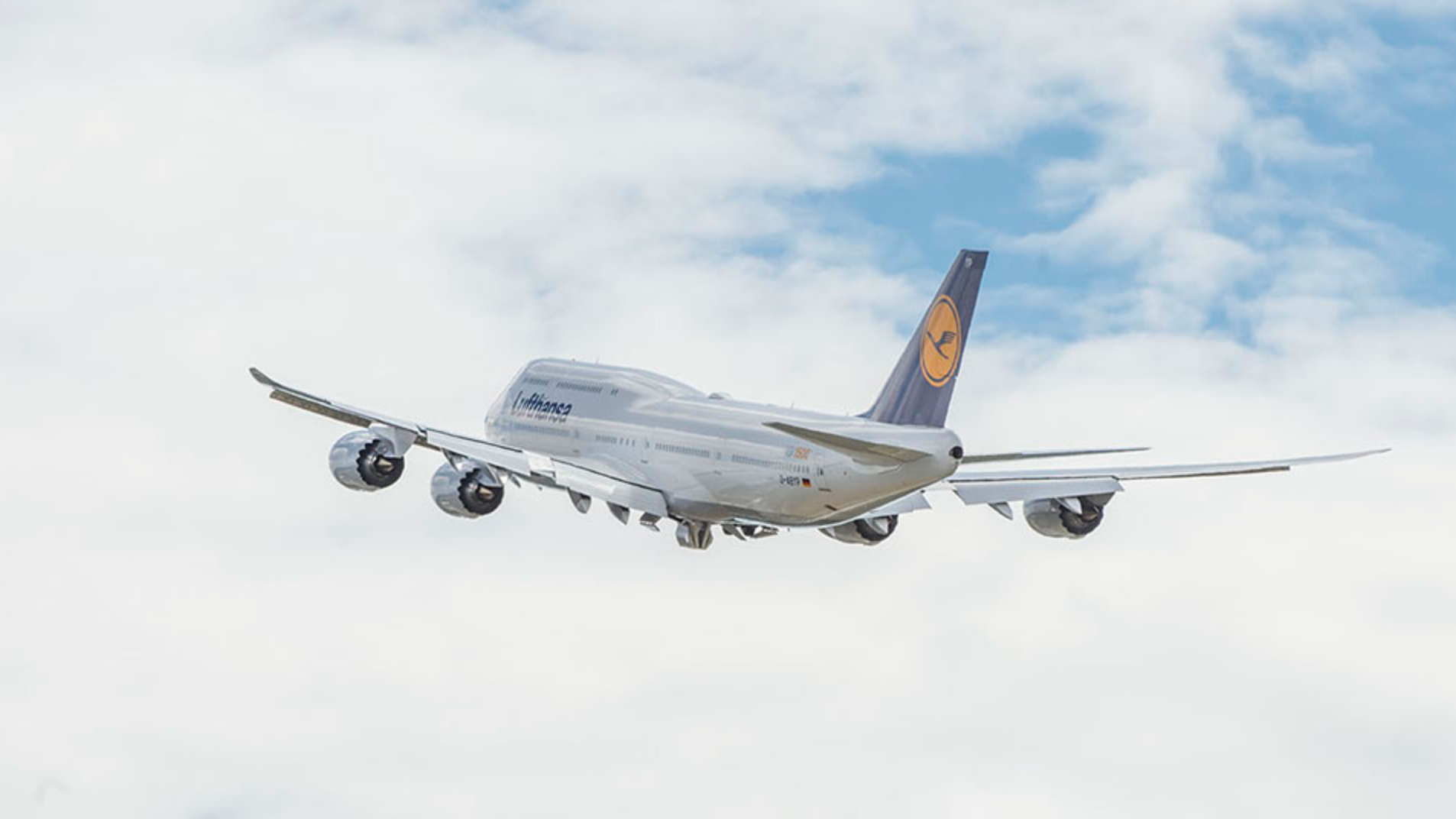The Boeing 747 Is Dead, For Real This Time: Report
After defining commercial air travel for more than five decades, the Boeing 747 will finally leave production, according to a report from Reuters. The news wire reports that Boeing had made its final orders for parts more than a year ago, signaling the end for the double-decker quad-jet that has been built continuously since 1968.
Reuters attributes this reporting to sources within the industry and Boeing itself has not yet confirmed that 747 production will end for good, though orders have slowed down dramatically as airlines have begun to switch to more efficient planes like Boeing's own 787 Dreamliner and the Airbus A350. Demand for large aircraft has further declined as the covid-19 pandemic has cut demand for long-haul air travel down dramatically, forcing airlines to reconsider any more orders of large planes like the 747.
While demand for passenger travel has declined so starkly, there has been a surge in air freight traffic in recent years that has given the Boeing's latest 747 freighter variation, the 747-8F, a sales boost. While air freight demand during the Covid-19 pandemic has jumped even higher, it apparently isn't enough to sustain new 747 production beyond those currently on order.
Speaking of planes on order, Boeing has quite a few 747s planned for buyers around the world, including UPS and the United States government, which is planning on converting two 747-8s into VC-25 presidential transport aircraft to serve as Air Force One.
If it seems like we've been saying goodbye to the 747 for a long time, it's because we have been. Airlines have been taking their time to salute the plane that was instrumental in cultivating long-haul commercial aviation as we know it (or knew it before the covid-19 pandemic, at least). The last scheduled flight by a 747 operated by an American airline, a Delta service from Seoul to Detroit, took place nearly three years ago. Other airlines around the world have made much of their 747 fleets as the model is retired from regular service. KLM's 747s made their last flights in March, and Qantas followed shortly after as the Coronavirus pandemic sapped demand. Still, airlines like Lufthansa and British Airways continue to keep their 747s in their fleet and expect to for some time to come.
The decision to phase out 747 production comes after Airbus announced that parts shipments that took place last month would be the last for its A380 fully-double-decker jet. The A380, larger than the 747, ultimately never caught on as a super-jumbo long-haul airliner with Air France already retiring the model after a far shorter service life than the airline's Boeings.
While the loss of the A380 is a disappointment, it's hard to say that it cuts quite as deep as the end of the 747. The hump-backed silhouette of the Boeing has become an icon of the Jet Age, a symbol of global connections, and a lifeline for communities and companies who could spread out across the world because of the plane's massive range and capabilities. I know I'll miss it.
